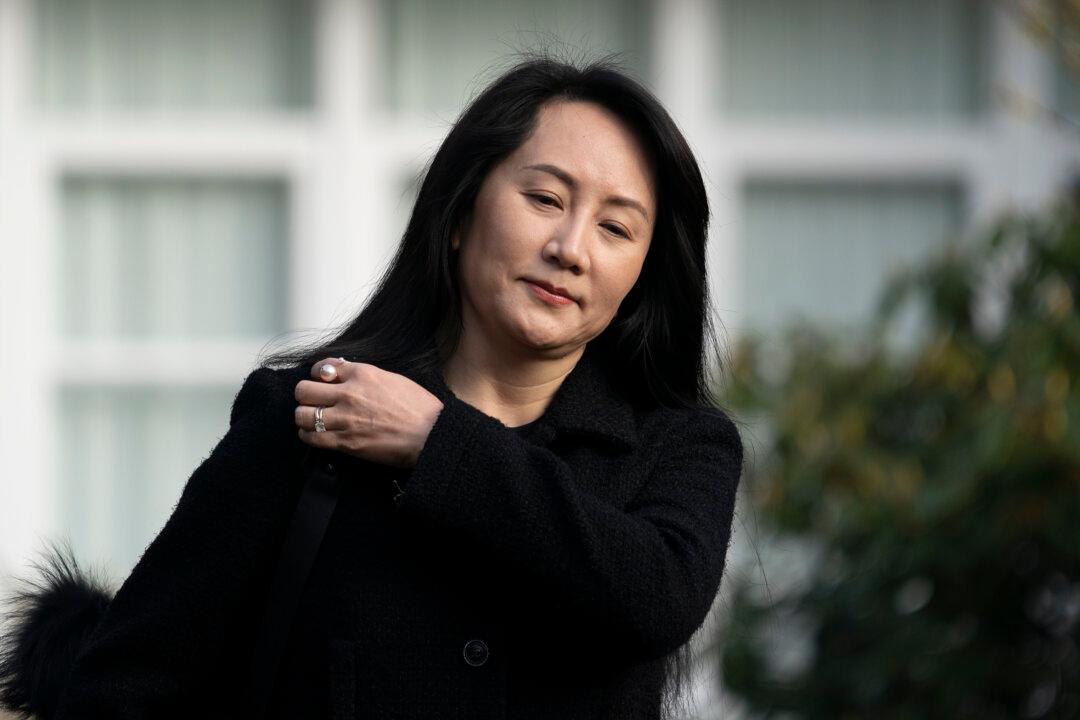A Canadian judge on Aug. 18 reserved her decision on whether to extradite Huawei Technologies executive Meng Wanzhou to the United States, saying she will announce the date of her ruling in October.
Associate Chief Justice Heather Holmes adjourned the hearing by saying she will likely announce on Oct. 21 when she will rule about whether Meng—a Chinese national who is chief financial officer for Huawei and daughter of its founder, Ren Zhengfei—will be extradited to stand trial in the United States. Ren was a former director of telecoms research in the Chinese military’s General Staff Department.





